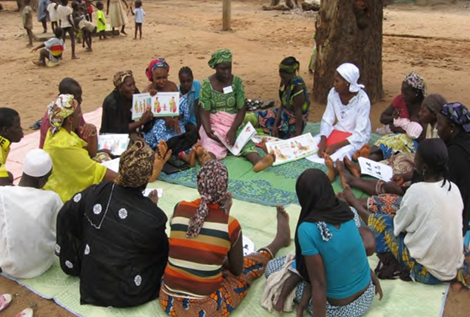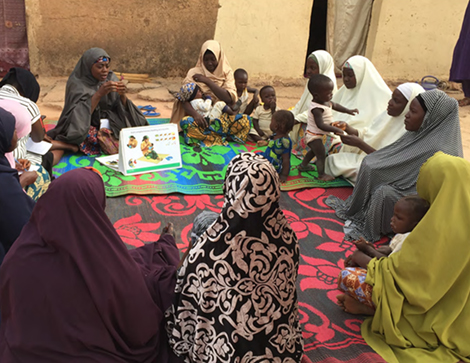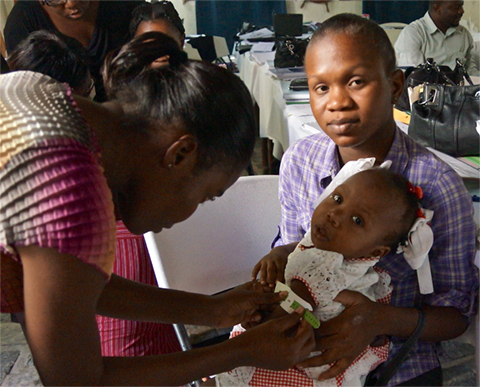Evaluation of Nigeria’s Community Infant and Young Child Feeding Counselling Package - Progress Report #2
Community‐based infant and young child feeding (IYCF) promotion, counseling, and support has been acknowledged as one of the key pillars of IYCF strategies in many countries. In 2009, the United Nations Children’s Fund (UNICEF) and the World Health Organization (WHO) agreed that a global generic IYCF training package for community health workers was needed to complement the existing WHO/UNICEF Breastfeeding, Complementary Feeding and Infant and Young Child Feeding Integrated Counselling training package. It was specifically designed for facility health workers.


